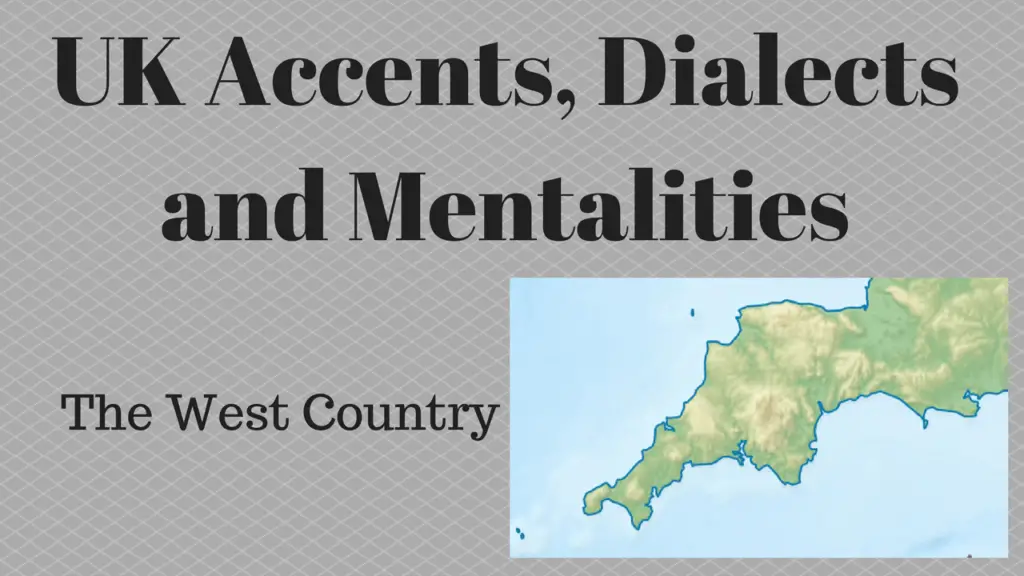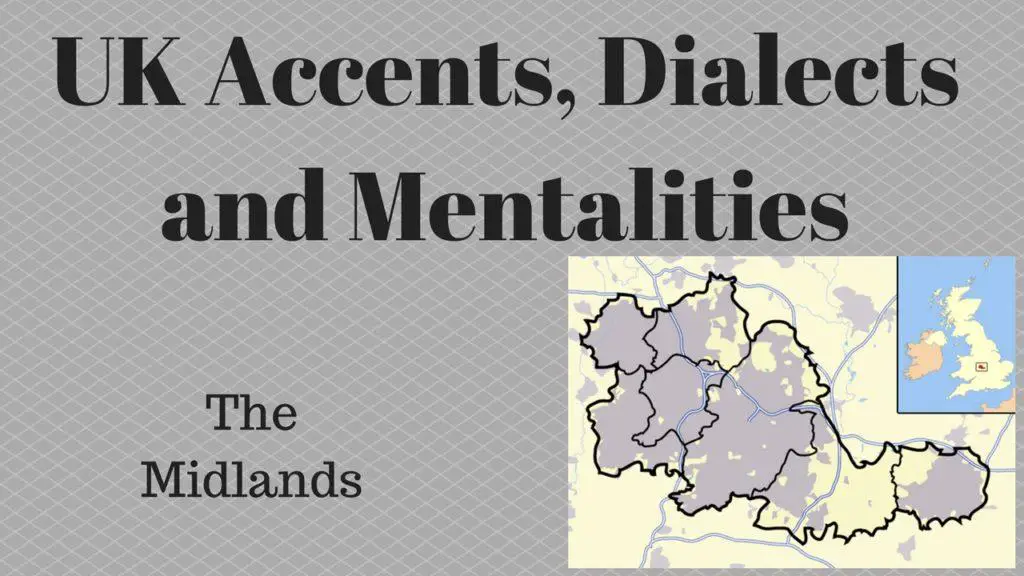Polite and Diplomatic English – Introduction
Navigating challenging conversations at work – whether it’s giving feedback, addressing misunderstandings or refusing a request – requires more than just clear language. It also takes tact, professionalism and emotional intelligence. That’s where polite and diplomatic English comes in.
In this article, you’ll learn how to communicate difficult messages without damaging relationships. You’ll see how word choice, tone and structure make a huge difference in sounding respectful, professional and clear – especially in international workplaces.

This builds on the advice shared in our community for professionals who use English at work, where you can practise these techniques and learn from others in similar roles.
Why Being Diplomatic Matters
Polite and diplomatic language isn’t about avoiding the truth. It’s about delivering it in a way that respects the other person and protects working relationships.
It helps you:
- Stay professional in sensitive situations
- Avoid sounding aggressive or rude
- Maintain trust and cooperation
- Navigate hierarchy and cultural differences
In short, good diplomacy turns awkward moments into opportunities for understanding.
Key Strategies for Diplomatic English
1. Soften Your Message
Use modal verbs, softeners or indirect language to reduce the force of your words.
Instead of:
❌ “You’re completely wrong.”
Say:
✅ “I’m not sure I agree with that, to be honest.”
✅ “I see what you mean, but I had a slightly different impression.”
2. Use “I” Statements to Own Your Opinion
Instead of:
❌ “That’s a bad idea.”
❌ “Your idea won’t work.”
Say:
✅ “I’m not sure that approach will work in this situation.”
✅ “I have some concerns about that strategy – can we look at another option?”
This helps you sound less accusatory and more collaborative.
3. Add Polite Openers
Start with a friendly or respectful phrase to ease into the difficult message.
- “I completely understand where you’re coming from…”
- “This might be a bit sensitive, but…”
- “Would you mind if I shared a concern?”
- “I just wanted to raise something I noticed…”
4. Show Empathy
Acknowledge the other person’s feelings or efforts before making your point.
Example:
✅ “I can see you’ve put a lot of work into this, and I really appreciate it. I do have a couple of suggestions though, if that’s okay?”
This shows respect and makes it more likely that your message will be heard.
Common Workplace Situations (With Examples)
1. Giving Negative Feedback
Less diplomatic:
❌ “Your report had a lot of mistakes.”
More diplomatic:
✅ “There were a few areas in the report that could be improved. Would it help if I went through them with you?”
2. Refusing a Request
Less diplomatic:
❌ “No, I can’t do that.”
More diplomatic:
✅ “I’d really like to help, but I’m at full capacity today. Can I get to it tomorrow?”
✅ “I’m afraid I won’t be able to take that on right now, but I can suggest someone who might be able to help.” (Just don’t suggest a colleague that you actually like!)
3. Raising a Concern with a Manager
Less diplomatic:
❌ “You don’t support the team enough.”
More diplomatic:
✅ “I know things have been really busy, but some of the team are feeling a bit overwhelmed. Maybe we could talk about how to manage workloads?”
4. Disagreeing in a Meeting
Less diplomatic:
❌ “That won’t work.”
More diplomatic:
✅ “That’s an interesting point – may I offer a different perspective?”
✅ “I see the logic there, but I wonder if we’ve considered the risks?”

UK vs US English: Diplomatic Tone
In both cultures, politeness is valued – but UK English tends to be more indirect, while US English is often more direct and upbeat.
| Situation | UK English Example | US English Example |
|---|---|---|
| Giving feedback | “It might be worth having another look at this section.” | “Let’s take another look at this part – it needs tightening up.” |
| Disagreeing politely | “I’m not entirely sure that’s the best way forward.” | “I don’t think that’s going to work, to be honest.” |
| Expressing concern | “Would you mind if I shared a concern?” | “Can I be honest about something that’s bothering me?” |
Tip: In international workplaces, a neutral, clear and respectful tone is safest.
Helpful Phrases for Difficult Conversations
Here’s a list of phrases you can adapt:
- “Can we talk about something that’s been on my mind?”
- “I really value your work, and I wanted to offer a suggestion.”
- “Would it be okay if I gave some honest feedback?”
- “I wanted to raise this now so we can find a solution early.”
- “I appreciate what you’re trying to do – can we try a different approach?”
Summary: Diplomatic English Builds Better Working Relationships
Handling tough conversations with professionalism and tact is a key skill in any workplace – especially in English-speaking or international teams.
By using polite and diplomatic language, you protect your message and your relationships at the same time.
- Soften your language without losing clarity
- Focus on empathy, respect and collaboration
- Adjust your tone for cultural and professional context
Want more tools to improve your workplace communication? Join our community for professionals who use English at work for resources, feedback and conversation practice.


